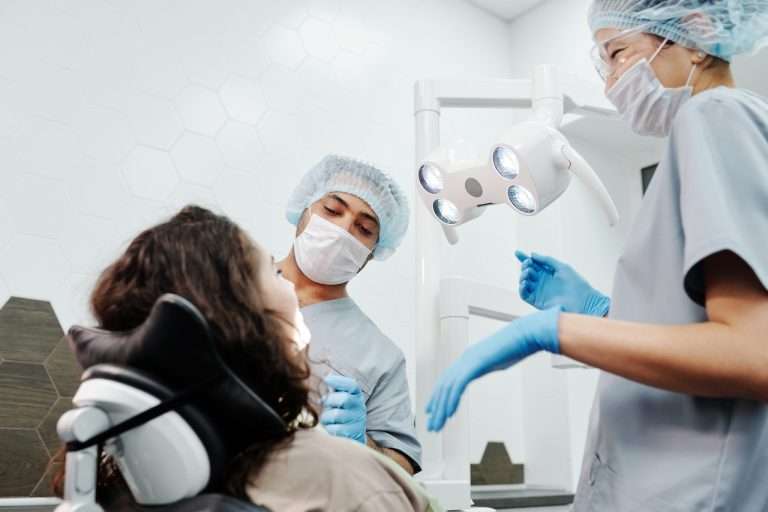Healthcare professionals have long understood that many serious health problems are correlated with disorders of the teeth and gums. Alongside health threats such as heart disease, diabetes, and strokes, a July 2023 study from Japan has established a possible link between tooth loss, gum disease, and Alzheimer’s disease, an illness dreaded by just about everyone as they grow older.
The Japanese study looked at 172 patients who had no known problems with memory loss before the beginning of the study. The information collected at the beginning of the project included memory tests and MRIs to check the size of the hippocampus – the portion of the brain most associated with memory. Four years later, researchers performed more tests. They found that subjects with relatively mild gum disease and who had lost teeth were likely to have a hippocampus that shrank faster than normal, a frequent harbinger of Alzheimer’s disease. Scientists further found that, for every lost tooth, the shrinkage of the section of the brain progressed at a rate equivalent to an additional extra year. On the other hand, for people with the most advanced gum disease, their hippocampus was likely to shrunk faster if, rather than losing teeth, they retained them in the diseased gums. This finding may seem counterintuitive at present but it only goes to show the complexity of the human body. We still have a great deal to learn.
Good Oral Health and Healthy Aging
As we get older and our memory becomes somewhat less reliable, it’s only natural to worry about Alzheimer’s and other types of cognitive decline often related to strokes and other serious health problems. And the fact of the matter is, the older we are, the more we need to be concerned about practicing good oral hygiene.
This means brushing at least twice daily for at least two minutes – you might want to use a timer – not to mention flossing, and possibly using an oral rinse to kill potentially tooth-decay-causing bacteria. It’s also a good idea to try and wait about half an hour after eating or drinking non-water beverages before brushing, particularly if you are eating acidic fruits (citrus, tomatoes, etc.), sodas, and fruit juices. Of course, it’s crucial to scrub off the sugars from these foods and drinks so please don’t put off brushing too long. Some dentists also believe it’s a good idea to skip post-brushing rinsing and, instead, spit out as much toothpaste as possible after you’re finished. It is then advised that you wait about half an hour until drinking or eating anything to give the teeth time to remineralize after brushing while allowing remaining traces of fluoride time to do their work and continue strengthening your teeth.
On the other hand, even the most disciplined brushers and flossers miss areas and pockets in the teeth and gums. The result is typically calculus (also called tartar) – essentially hardened plaque that can quickly lead to tooth decay. Therefore, twice-yearly teeth cleanings are needed to keep the teeth truly clean. Since even doing that does not guarantee perfect oral health, a once-yearly examination is needed to check for issues, including the potentially deadly periodontal (gum) issues we discussed earlier. Good preventive general dentistry is no luxury, it’s essential.
Find Your Regular Dentist at Premier Care Dental Group
When you choose your regular dental office, choose carefully. Make sure its team is reputable and that you will be working with experienced oral health care professionals.
If you are in the Pasadena and San Gabriel Valley area, Premier Care Dental Group may be your very best bet. Our leading specialists cover the full range of dental needs for the entire family. From pediatric dentistry for the little ones to periodontal care to ensure us grown-ups can live our best lives for as long as possible, we’re here to treat everyone with a mouth!

